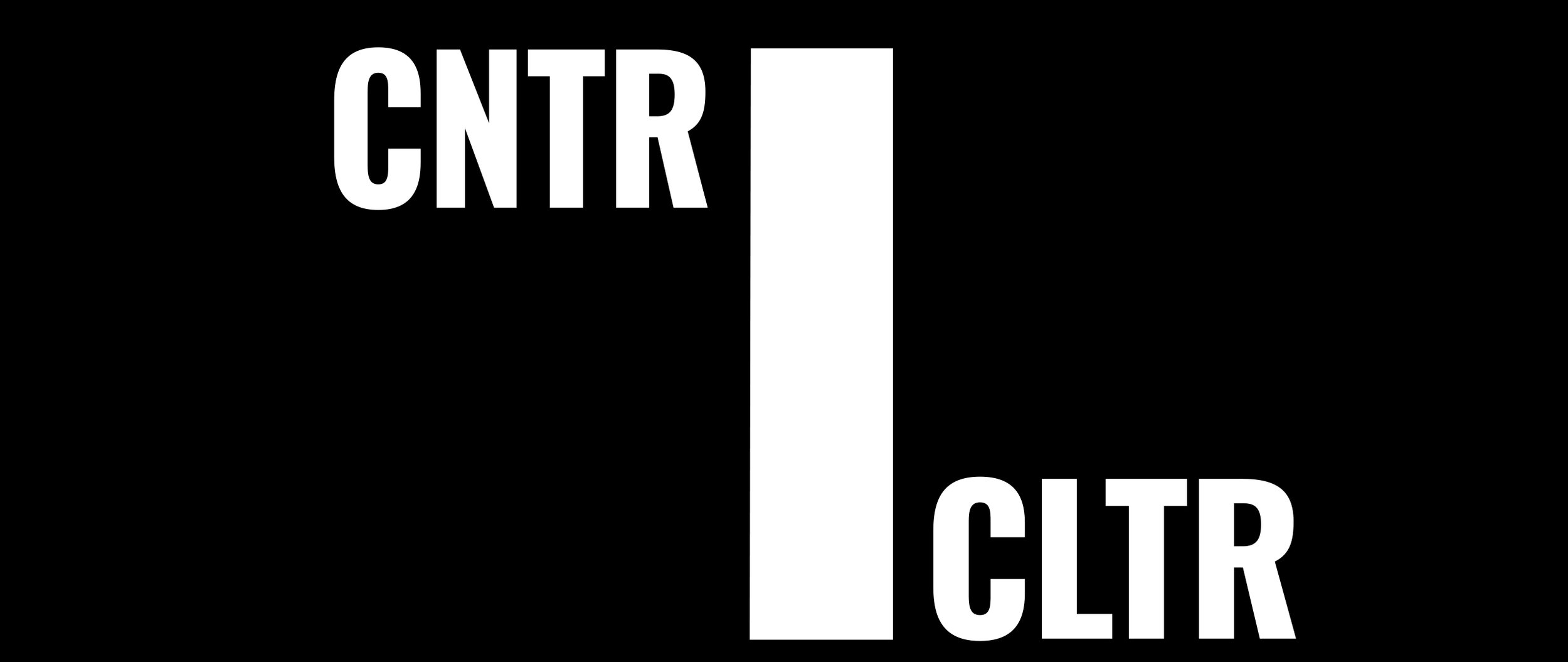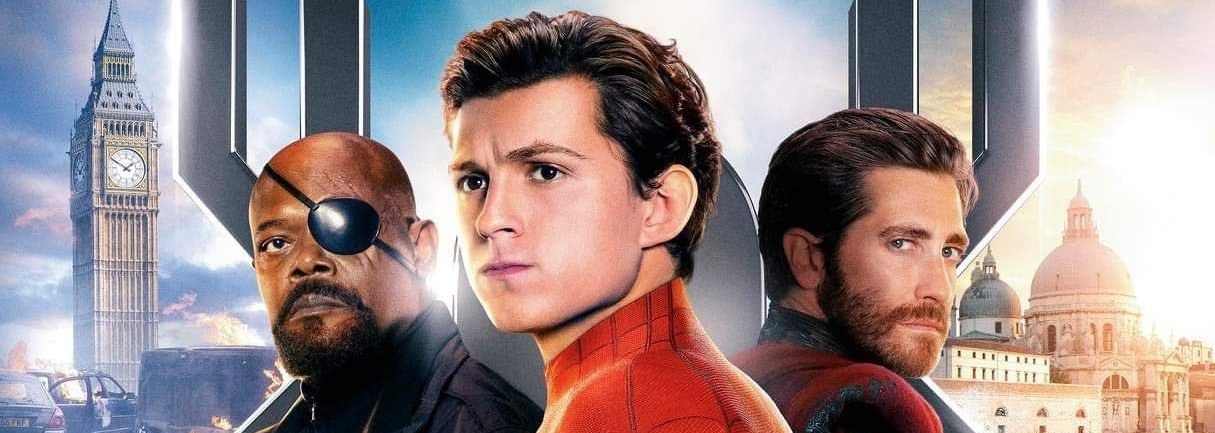Spider-Man: Far From Home | Deception Through Perspective
Just this past week, Spider-Man: Far From Home released in theaters. And while I originally thought that I wasn't going to have anything of meat to discuss about the film - at least enough to dedicate its own article too - thinking back on the film has me second guessing myself. A friend I had gone to go see the movie with brought up about its themes around deception through perspective, and that got me thinking - this movie is extremely well-crafted, more than I had originally thought.
So let's dive in. Spoilers will obviously follow.
Spider-Man: Far From Home begins as a very unheroic, typical teenage romantic comedy. Peter Parker and his class go on a trip to Europe where Peter creates a "fool proof" plan to confess his romantic feelings to Mary Jane. Of course there's obstacles in his way, such as one of his classmates who's also vying for her attention and so hilarity and antics ensure. And while I absolutely adore both Zendaya and Tom Holland's performances as the two central characters in this story, the plot points and beats feel very tired and tropey.
Fortunately, It isn't too long until we get to the actual plot of the film with the reveal of Quentin Beck AKA Mysterio and his desire to stop the "Elementals" that were warped from his universe to Peter's during Thanos' Snap (endearingly called "The Blip"). Even that story though, is fairly by-the-numbers despite giving Peter some room to attempt to grow as a character as he discovers what he wants to be in this world post-Iron Man. But even that isn't what really pushes the film forward into greatness - it's how the film pulls a bait and switch right before the film's final lead up to its climax.
At the end of the film, Quentin spouts a couple of lines that stuck out to me. "People are always looking for something to believe" and "People will believe anything these days after all that's happened". Throughout Far From Home, Quentin capitalizes on people's desire to believe that there is a greater good out there - that there is a new Iron Man, or a new Captain America. He also recognizes that people are willing to believe just about anything to prove themselves right, even if that thing turns out to be a series of projections and practical effects. He understands that people are desperate for a savior now that two of the world's most recognizable heroes are gone.
Quentin Beck spends a lot of this movie building up a false image of himself - one that very rarely shows its face throughout the film. He wants to not become the next Iron Man, but to build the next one. I don't believe Quentin cares all that much if people recognize him as the hero so much as people recognize the effort and work he has put into making others believe there is a new hero. Throughout the film, he is focused entirely on the production - the show he wants to display because he fully recognizes that "people are always looking for something to believe".
In some instances it feels so similar to real life where people can be desperate to find vindication in something they believe is right and will find any article, video, or person that will give them that vindication of their beliefs - regardless if its basis is in facts or not. And the film makers do a great job of creating this feeling of deception when something you in the film's story structure.
You see, while most films are structured around 3 acts, Far From Home is very much a 4 act film - and it uses those 4 acts in a very unique way. You see, Act 2 and 3 aren't really what they appear - it's an illusion crafted by the creators of the film. It's meant to deceive you into thinking the film is going one direction when it's actually going the other way. And the first act helps to push this false narrative further with its by-the-numbers teenage romance plot. If you were to go into this film not fully knowing who the character of Mysterio was, I believe the film makers did a great job at sticking to their guns throughout the first 70-80 minutes of the movie before revealing the twist that Quentin was actually using illusions to propagate the initial story of Far From Home. It's this building of trust and destruction of it that Peter will eventually feel as he and Mary Jane turn on the projector that falls off one of Mysterio's drones.
Peter's character arc is also centered around these themes as well. He spends a lot of time in the film wanting to believe that he's not a superhero - that he believes he will get to live a normal life. He wants to believe that someone else is meant to be who people aspire him to be - Iron Man. He'll believe that even someone he just met could be that person. Even if things seem to be going a little too by-the-books as he assists SHIELD in taking down the Elementals,, he continues to convince himself that he isn't meant to live the life of a hero. In turn, Peter convinces himself that Tony Stark's message to him that he receives with the EDITH Glasses (that he trusts Peter with that technology and that he will do what's right) actually means that he trusts Peter's judgment in who gets to have them. In turn, he gives Quentin the EDITH Glasses, proving Quentin right - "people will believe anything". The same thing happens for a brief moment with Mary Jane, where Peter wants to believe that she likes him but then she tells him that she doesn't right before the films actual final act.
If it weren't enough that not only our main characters story arc and the films actual plot structure were built with its theme in mind, the big reveal in Far From Home's final post-credits scene drives it further home. Throughout this whole movie, you're meant to believe that Nick Fury is loosely guiding Peter into fighting the Elementals and also providing assistance when it turns out Quentin is evil. But, as it turns out, Nick Fury in this movie is in fact Talos, a shape-shifting skrull introduced in Captain Marvel.
As a small aside - I believe this new iteration of Spider-Man films has grown to become my favorite set of solo stories in the MCU if only because of its use of bait-and-switch tactics that play on your expectations. Vulture in Homecoming turns out to be the dad of Peter's love interest and a man who got burnt by Tony Stark/The Avengers. Mysterio in Far From Home turns out to be an illusion crafted by Quentin and his team who was also a man disgruntled because of Stark. There's a lot of interesting world building and character development in these two villains that practically no other villain in the MCU receives aside from Thanos and Loki. It goes a long way to heighten the lore within the universe and create more engaging stories.
I love this film's idea of how people will warp their perception to fit their own narratives and how there are numerous others out there who will take advantage of those people to fit their own self-interests. In the world we live in today, it is unfortunately very poignant and something that should be used as a reflection piece for moviegoers to gain some introspective. While Far From Home is the final film in Phase Three of the MCU, I believe it's themes will be resonated throughout all of Phase Four. Rumors out there online point to us receiving a Dark Avengers film, which is all about villains masking themselves as heroes - an interesting direction that I hope is real.
If one thing is certain though, it's that Marvel Studios definitely still has some tricks left up its sleeves even after 23 film. I can't wait to see what they decide to do next.



